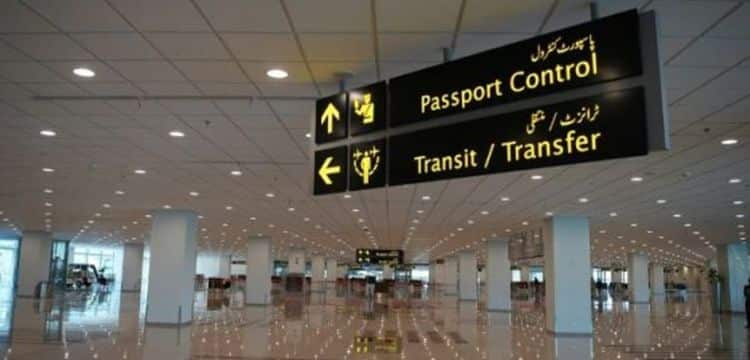[vc_row][vc_column][vc_column_text dp_text_size=”size-4″]The World Health Organization (WHO) has opted to prolong travel restrictions on Pakistan by an additional three months due to the heightened risk of a polio outbreak in the country.
This decision was based on the recommendations of the Emergency Committee on Polio. The persistent presence of the poliovirus in Pakistan has been a key factor in maintaining travel restrictions, designating the country, alongside Afghanistan, as a global threat to the potential spread of polio.
According to the official statement, the WHO Director-General convened the 37th meeting of the Emergency Committee under the International Health Regulations (2005) (IHR) regarding the international transmission of the poliovirus on December 12, 2023.
Also Read: Polio Claims Another Life In Pakistan
During this meeting, the Emergency Committee scrutinized data on wild poliovirus (WPV1) and the cessation of outbreaks of cVDPV2. Technical reports were presented by Afghanistan, Egypt, Guinea, Mauritania, Nigeria, Pakistan, and Zimbabwe.
Pakistan reported a total of six WPV1 cases in the preceding year. Additionally, environmental detection has notably increased, with 60 positive samples identified from September to November.
New instances of polio transmission are emerging in various regions, including the Quetta Block in Balochistan, Karachi in Sindh, Islamabad/Rawalpindi, and Peshawar in Khyber Pakhtunkhwa (KP) province, following a period of non-detection.
The polio action plan in southern KP has led to the vaccination of an additional 160,000 children. However, challenges such as political instability, insecurity in specific areas requiring police patrols for frontline workers, and vaccination boycotts continue to impede polio eradication efforts in Pakistan.
The committee unanimously agreed that the risk of international poliovirus spread remains a Public Health Emergency of International Concern (PHEIC). Consequently, the committee recommended extending the Temporary Recommendations for an additional three months.
Furthermore, there is a warning of the potential reintroduction of Wild Poliovirus Type 1 (WPV1) in the southern region due to ongoing transmission in eastern Afghanistan, cross-border spread into Pakistan, and a significant population of unvaccinated zero-dose children in southern Afghanistan.
The WHO’s International Travel and Health division has advised all travelers to polio-affected areas to ensure they are fully vaccinated against polio. Residents in areas with a polio presence are also encouraged to receive an additional dose of either oral polio vaccine (OPV) or inactivated polio vaccine (IPV) within a timeframe of 4 weeks to 12 months before their travel.[/vc_column_text][/vc_column][/vc_row]











